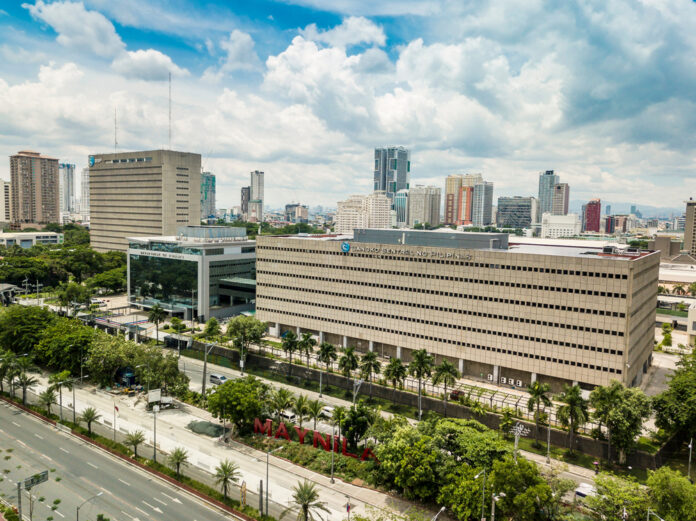The monetary board of the Bangko Sentral ng Pilipinas (BSP) at its final rate-setting meeting this year opted to keep the benchmark interest rate or its target reverse repurchase (RRP) rate unchanged at 6.50 percent.
This proved in line with market forecasts and the second time in a series the monetary authorities paused the interest rate cycle of changes as headline inflation eased.
Accordingly, the interest rates on the overnight deposit and lending facilities remain at 6 percent and 7 percent, respectively.
BSP governor Eli Remolona said the balance of risks to the inflation outlook still leans significantly toward the upside.
“Key upside risks are associated with potential pressures emanating from higher transport charges, increased electricity rates, and higher oil prices. Meanwhile, the impact of a relatively weak global recovery as well as government measures to mitigate the effects of El Niño weather conditions could reduce the central forecast,” he said.
He also said the country’s medium-term growth prospects remain firm, with strong demand expected in the fourth quarter due to sustained consumer spending and improved labor market conditions.
The BSP vowed to continue to monitor how firms and households are responding to tighter monetary policy conditions alongside evolving domestic and external economic conditions.
“The overall outlook for inflation remains largely unchanged. The latest risk-adjusted inflation forecast for 2024 has declined to 4.2 percent from 4.4 percent in the previous meeting in November.
For 2025, the risk-adjusted inflation forecast is unchanged at 3.4 percent. Equally important, the BSP’s latest survey of external forecasters shows that inflation expectations have been broadly anchored, with a mean forecast that is within range for both 2024 and 2025.
‘With the sum of recent information, the monetary board continues to see the need to keep monetary policy settings sufficiently tight to allow inflation expectations to settle more firmly within the target range. The monetary board also noted that previous adjustments have continued to work their way through the economy, as can be seen from the declining path for core inflation. In the coming quarters, the national government’s non-monetary interventions will remain crucial to sustain the disinflation process,” the BSP said.
Going forward, the BSP remains ready to adjust monetary policy settings as necessary, in line with its mandate to ensure price stability, it said.







